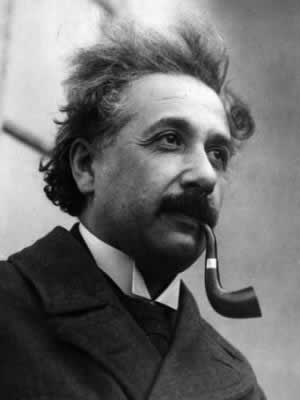
Scientists in general and epidemiologists in particular are on trial. At stake are their reputations and their good names. In fact it is far more serious than that: the reputation of higher education is also at risk. The fallout from junk science will undermine and discredit both scientists and universities worldwide.
Second Hand Smoke, also known as Environmental Tobacco Smoke (ETS), is proving to be very lucrative for scientists and universities, but not for the working people whose livelihoods depended on bars staying open, and not for taxpayers who find themselves paying ever-increasing tax bills to support an ever-growing unemployment line.
So who says Second Hand Smoke science is fraudulent? It seems to be the view of the Brussels Declaration whose conclusion in part states:
No epidemiological study has ever measured actual lifetime doses of ETS, nor lifetime exposures to ETS. No study has determined the recall bias of people with lung cancer. No study could guarantee that some self-declared non-smokers were in fact or had been smokers. No study could exclude the possibility that the lung cancers observed might have been caused by many known lung cancer risks and thus not by ETS. Plausible publication biases were not accounted for. Most studies did not report statistical differences of risk, and some implied a reduction of risk. In a nutshell, the primary data, their statistical analyses, and the claimed lung cancer risks of epidemiological studies of ETS are illusory-, and by extension the ETS risks claimed by the SRG are equally illusory.
Yet the Tobacco Control Industry has forced through legislation based on such studies!
In opening we said that both scientists and universities could lose their reputations and their good name. The case we want to draw attention to is that of Enstrom v University of California. At the heart of this is the dismissal of Professor James Enstrom and the forfeiture of his research grants. As the case is currently sub-judice it would be improper to refer to the actual proceedings, although Carl Phillips has published some background information.
Professor Enstrom was half of the team (the co-writer being Professor Geoffrey C. Kabat) who wrote an epidemiological study published in the British Medical Journal in July 2003. The paper – which stated that there was actually no harm from Second Hand Smoke – was criticised by Stanton Glantz of Action on Smoking and Health (and also a member of the faculty at the University of California),who attempted but failed to have the paper removed from the BMJ. The full story of the attempts to censor the Enstrom/Kabat paper is to be found here.
For further reading, see Enstrom’s website The Scientific Integrity Institute.
